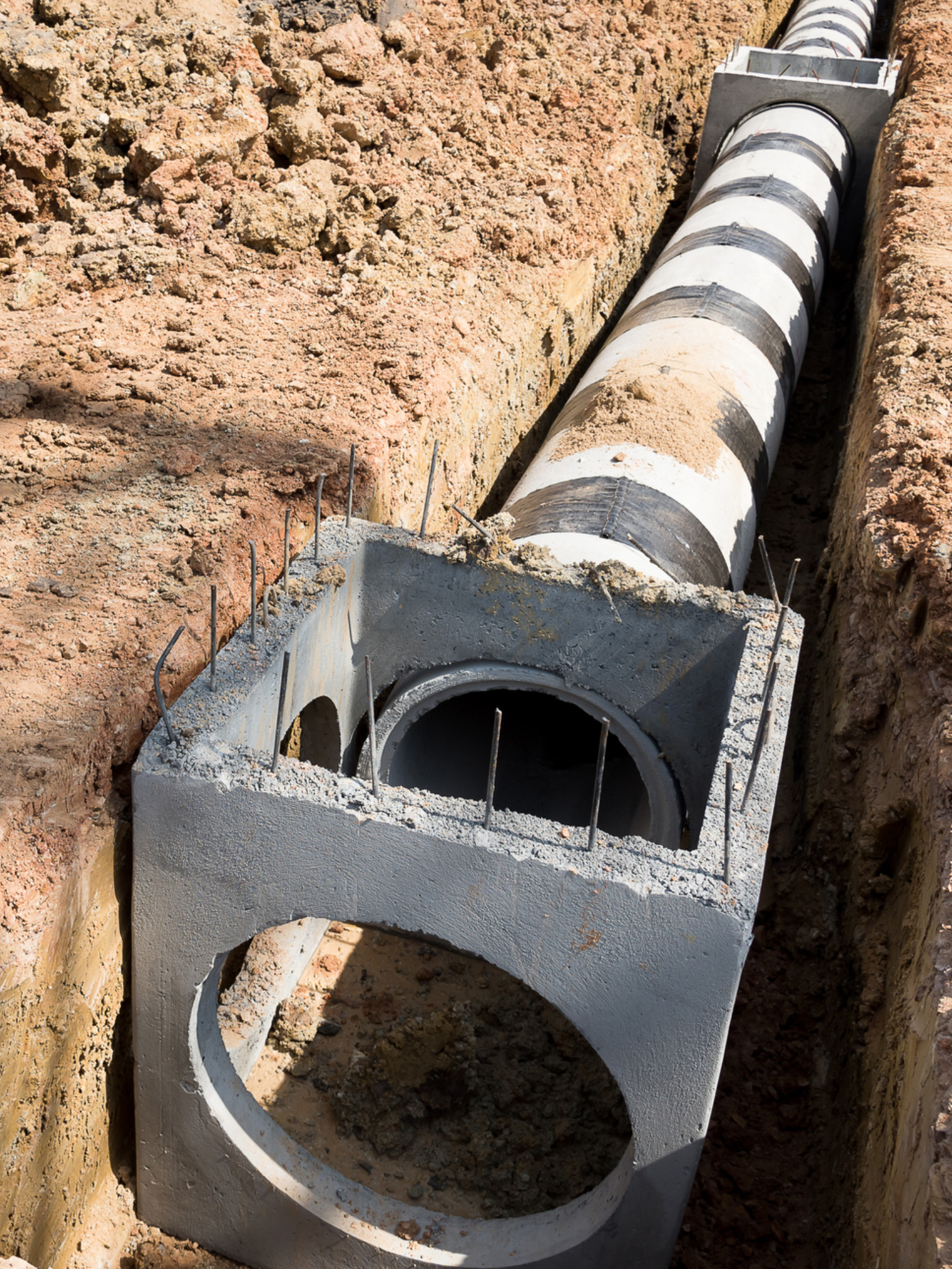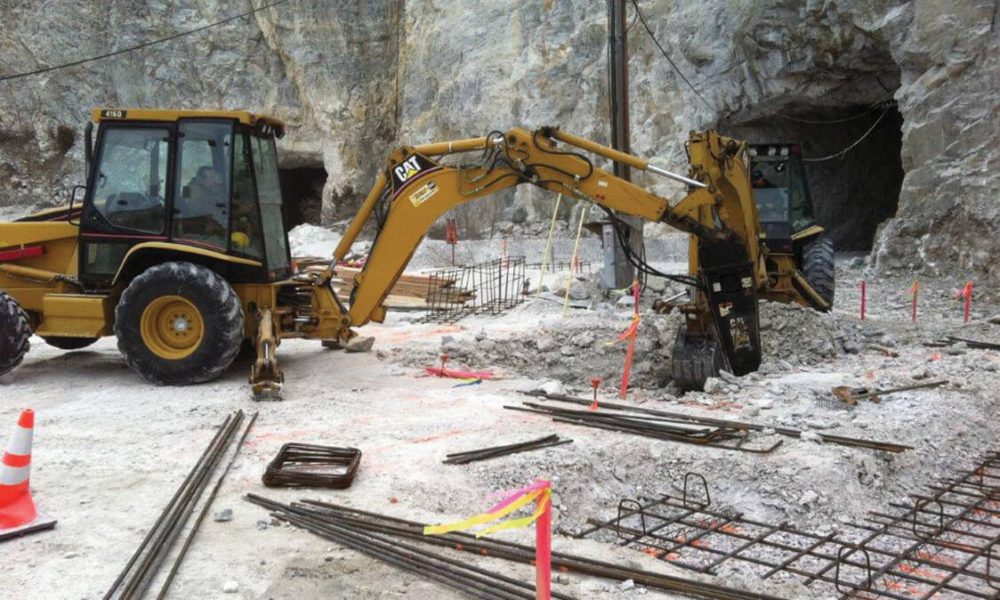Comprehensive Excavation Techniques: Grasping the Basics for Success
The cautious planning, precise implementation, and thorough interest to detail called for in excavation tasks demand a detailed method that encompasses different essential facets. The real proficiency lies not merely in understanding these principles however in effortlessly integrating them to navigate the complexities of excavation tasks with skill.
Comprehending Excavation Job Preparation

The initial phase of any type of excavation task is the preparation stage, where crucial choices are made that can dramatically impact the outcome of the task. Recognizing the project range, budget, and timeline restrictions is important for producing a detailed excavation strategy that guarantees the task's success.
One secret element of excavation project planning is the advancement of a detailed timeline that outlines the sequence of activities, target dates, and milestones. This timeline offers as a roadmap for the task team, allowing them to track progress and make essential changes to make sure the task remains on routine. In addition, a distinct budget that represents all costs, consisting of equipment leasing, labor expenses, and materials, is important for staying clear of expense overruns and delays. By meticulously thinking about all these elements during the drawing board, excavation projects can be carried out efficiently and efficiently, causing successful results.
Dirt Analysis and Site Evaluation
Performing comprehensive soil evaluation and website assessment is a vital action in the prep work stage of any excavation task. Dirt analysis includes establishing the composition, framework, and homes of the dirt at the excavation website. This details is vital for understanding the soil's bearing capability, wetness material, and potential for disintegration, which are essential consider determining the excavation methods and tools required for the project.
Site assessment exceeds soil analysis and encompasses a wider analysis of the total site conditions. This assessment includes identifying any type of prospective risks, such as underground utilities, ecological problems, or unpredictable terrain, that might influence the excavation process. By extensively examining the site, job managers can develop reliable excavation techniques that prioritize safety and security, efficiency, and ecological protection.
Making use of advanced innovations like ground-penetrating radar, dirt sampling, and drone studies can improve the precision and performance of dirt analysis and website examination. Spending time and sources in these initial actions can eventually save time and prevent expensive hold-ups or issues throughout the excavation process.
Devices Choice and Application
Reliable excavation projects depend greatly on critical equipment option and application to make certain ideal efficiency and productivity. Picking the appropriate tools for the task is important in making best use of efficiency and minimizing downtime. Variables such as the kind of dirt, depth of excavation, and task extent play a substantial function in establishing the most suitable devices for the task available.

In enhancement to choosing the appropriate tools, proper usage is crucial to job success. Operators has to be trained to take care of the devices securely and efficiently - septic ohio. Normal maintenance checks and prompt repair work help stop malfunctions and make sure constant performance throughout the project
Precaution and Regulations Compliance
In the world of excavation tasks, focusing on safety actions and compliance with guidelines is extremely important to making certain a protected and legitimately sound operational atmosphere. Safety and security measures include a series of practices, including carrying out complete website assessments, carrying out appropriate signs and obstacles, and supplying adequate safety and security training for all workers included in the excavation procedure. Adherence to guidelines, such as OSHA demands in the USA, makes sure that the excavation job meets the required requirements to safeguard employees, spectators, and the surrounding atmosphere.

Monitoring Progress and Adjusting Strategies
How can predict supervisors efficiently track the development of excavation projects and adjust their methods appropriately to enhance outcomes? Surveillance anonymous development is vital for guaranteeing that excavation tasks stay on track and meet target dates. Task managers can use different tools and techniques to Read Full Article track progression, such as everyday development reports, routine site examinations, and advanced tracking innovations like drones and general practitioners tracking systems. By constantly keeping track of the task's improvement, managers can recognize any possible delays or problems early and take aggressive procedures to resolve them.

Verdict
Finally, mastering the principles of detailed excavation techniques is important for the success of any kind of task. By recognizing job planning, assessing soil and site problems, selecting suitable tools, abiding with safety laws, and keeping track of development, task managers can ensure a smooth and reliable excavation procedure. Applying these approaches will bring about successful results and lessen possible threats or problems throughout the excavation project.
The initial phase of any type of excavation project is the preparation stage, where critical decisions are made that can substantially affect the end result of the job. Understanding the task budget, timeline, and extent restraints is vital for developing a comprehensive excavation strategy that ensures the job's success.
How can forecast supervisors effectively track the advancement of excavation projects and adapt their strategies as necessary to enhance end results? By carefully keeping track of progression and being prepared to adjust methods, job supervisors can improve the total success of excavation tasks.
By comprehending project preparation, evaluating soil and site conditions, selecting suitable tools, complying with security guidelines, and keeping track of progression, task managers can make certain a reliable and smooth excavation procedure.